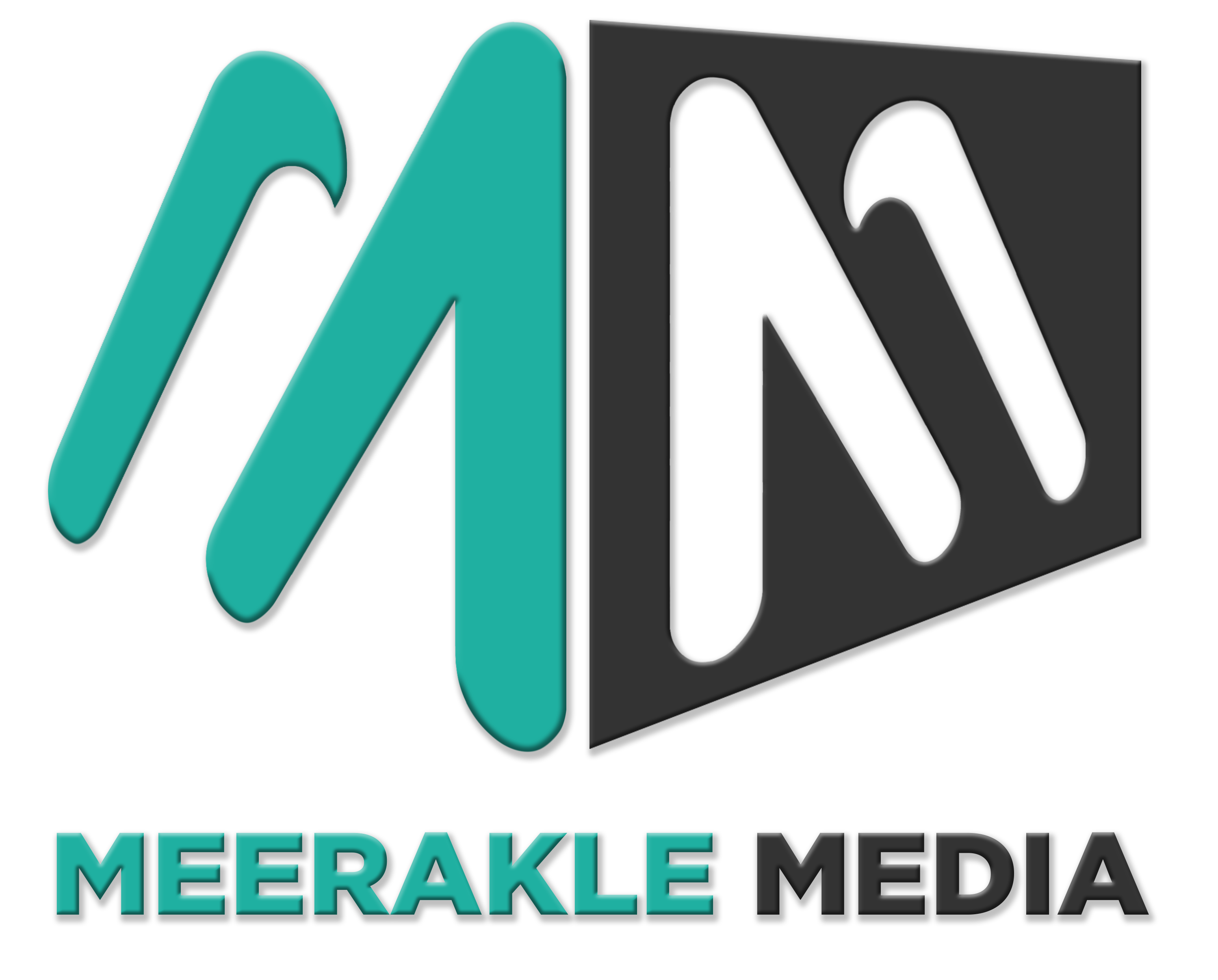Imagine how difficult it would be to upload content on your website or social media if you had to perform all of the coding yourself.
However, content management software, often known as a content management system (CMS), makes managing material simple and effective for anyone with basic computer abilities. You won’t have to learn any programming languages or difficult backend stuff.
Users can produce, edit, and publish digital content including text, embedded audio and video files, and interactive graphics for websites using web content management (WCM) systems. These systems simplify the process of uploading and writing material for users who do not have coding abilities by providing theme-oriented templates for a personalised design. WCM systems are most commonly utilised in collaborative environments where several team members may monitor and manage web material. Digital marketing and creative teams are the most common users of WCM software. Third-party hosting platforms with more comprehensive website management capabilities can be incorporated into WCM systems.
Marketing software, third-party CMS tools, and content analytics software can all be integrated with some WCM systems. Enterprise content management (ECM), digital experience platforms (DXP), and e-commerce platforms all have aspects in common.
Are you ready to begin? Let’s work together to select the best content management system for your company!
WordPress
The WordPress content management system is available in two flavours: proprietary WordPress.com and open-source WordPress.org. Both are excellent content management systems that offer a wide range of customization choices.
WordPress.com is a good place to start if you’re not highly technical. WordPress hosts your website for a cheap monthly subscription, and you can build new pages straight in your web browser.
Although WordPress.org is free, you will need to organise your own web hosting. This structure makes it a better alternative for tech-savvy business owners or those who have access to a professional WordPress developer. Its extensive customization capabilities and a vast range of plugins make it an excellent CMS for SEO.
WooCommerce
WooCommerce isn’t intended to be used as a stand-alone content management system. It’s an open-source WordPress plugin that integrates an e-commerce content management system into your dashboard. WooCommerce is used by nearly four million websites, according to BuiltWith, with many of them receiving a lot of traffic.
Drupal
Drupal is a free content management system that is similar to WordPress.org. It may be used for any type of website, but it is particularly popular among enterprise-level organisations, media companies, universities, and other large institutions, including over 150 governments.
Joomla
Joomla is an accessible content management system (CMS) that runs over two million websites. This CMS comes with the ability to publish blogs and landing pages by default. Third-party plugins enable e-commerce capabilities. To create a full-featured website with a custom domain, Joomla users must install the CMS on a web host of their choice. This is something that a Joomla developer can assist you with.
Squarespace
Squarespace is content management, website building, email marketing, member portals, appointment booking, and product sales platform all in one. The website builder’s drag-and-drop functionality is ideal for non-technical small business owners who desire complete control over their website’s layout. Large organisations who want to use Squarespace Enterprise can get customised solutions.
Hubspot
Hubspot’s CMS Hub is a content management system for service websites and blogs for businesses. While the Hubspot CMS may enable custom website design and development, it also features user-friendly drag-and-drop templates.
Wix
Wix is a direct rival to Squarespace, which provides all-in-one content management. It has 200 million users as of 2021 and can be used to establish business websites, blogs, and e-commerce enterprises. Wix is an excellent CMS for both small businesses and huge corporations looking for more customised solutions.
Final Thoughts
The purpose of any web content management solution is to make it as simple as possible for users to produce and publish content, even if they have no prior design or coding skills. The tremendous simplicity of use of web content management solutions is part of what makes them so popular. Creative teams, digital marketers, and web developers generally use these tools to make the process of uploading and generating content straightforward. The content marketing agency services in Mumbai offer the best content writing services.




